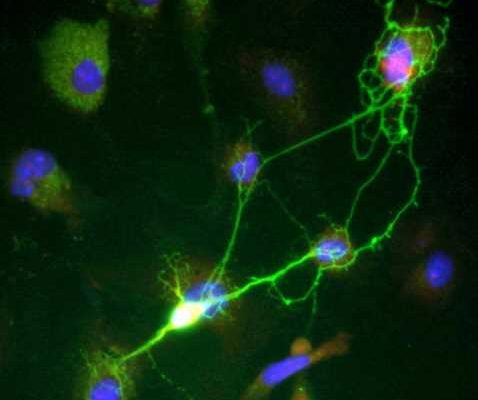
After stimulus, networks of neurons are capable of predicting the timing of the next stimulus, according to a study published in the journal PNAS Nexus.
Joost le Feber and colleagues wanted to see if random networks of cortical neurons grown in a dish could predict future occurrences of a stimulus after receiving several initial occurrences.
The authors stimulated networks of rat cortical neurons with either electricity or light. Electric stimulation was applied focally, at one point, whereas light stimulation was applied globally, across the entire network. Networks had short-term memory of both kinds of stimuli.
Focal electrical stimulation induced long-term memory traces in the networks while global light stimulation did not. Networks were able to predict both kinds of future stimulus events, with higher prediction efficiencies in focally stimulated networks.
Prediction initially depended on short-term memory of past stimuli. In contrast to globally stimulated networks, prediction became less dependent on short-term memory in focally stimulated networks with the formation of long-term memory.
More information:
Martina Lamberti et al, Prediction in cultured cortical neural networks, PNAS Nexus (2023). DOI: 10.1093/pnasnexus/pgad188
Journal information:
PNAS Nexus
Source: Read Full Article
